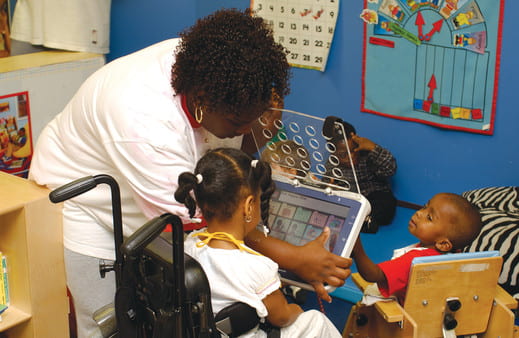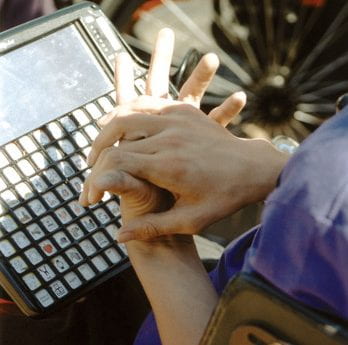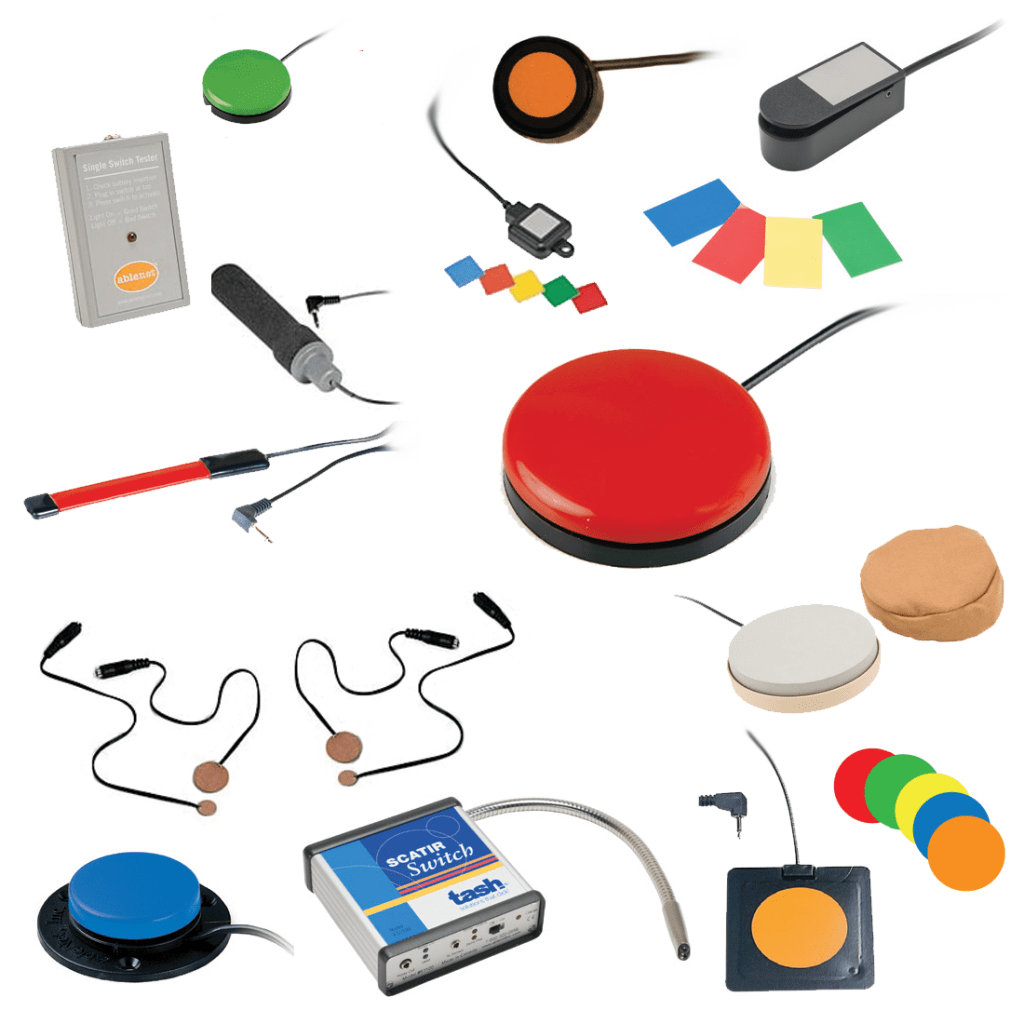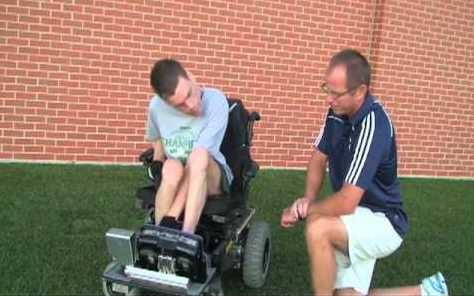The AAC Learning Center Moodle provides free evidence-based content on augmentative and alternative communication (AAC) for pre-service teachers and speech-language pathologists. Students will be able to complete activities on-line, and then download a Certificate of Completion as documentation of their activities. Students also will be able to print and complete a guided notes activity that summarizes the key content of the module.
Below please find an outline of the content for Alternative Access. Please click on Alternative Access to view the materials at the AAC Learning Center Moodle. You will be asked to register/sign-in at the Moodle site.
4/30/2025
• Over 7,100 future teachers and speech-language pathologists have earned Certificates of Completion for the Alternative Access module
• Over 96% of students would strongly recommend (60%) or recommend (36%) these materials to other students
Alternative access techniques enable individuals with physical and/or cognitive disabilities to operate technology. This module is divided into the following sections:

Introduction
- Overview
- What is alternative access?
- Who can benefit from alternative access?

1. Key principles in alternative access
There are a wide variety of alternative access options available. How can you recognize if an alternative access method is
- accurate?
- easy?
- safe?

2. Roles and referrals
As in all steps of the assessment and intervention process, a family-centered approach should be used.
- Who are the members of the alternative access team?
- When should referrals be made?

3. Alternative access methods and information resources
There are a wide variety of alternative access methods that can be used, including both direct selection and scanning approaches.

4. Decision making and the DOIT! model
The identification of alternative access techniques should be a team process – the DOIT! Model can provide a structure for making decisions as a team
We estimate it takes students approximately 45 minutes to complete this module and earn the Certificate of Completion. To view the module, please go to https://aac-learning-center-moodle.psu.edu , register, and log in. You will then be able to select (“Access”) the module on Alternative Access.
Please reference these materials as
Gormley, J., Klein, C., & McNaughton, D. (2019, October). Alternative Access [Instructional Resource]. AAC Learning Center. https://moodle.aac-learning-center.org/course/view.php?id=24